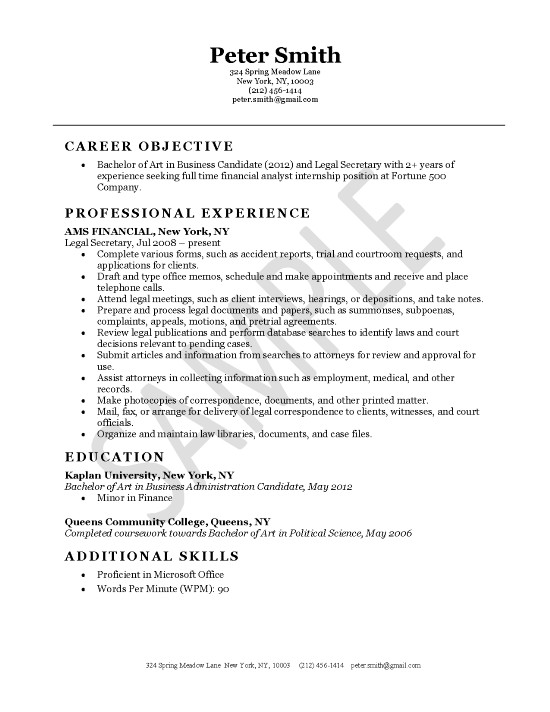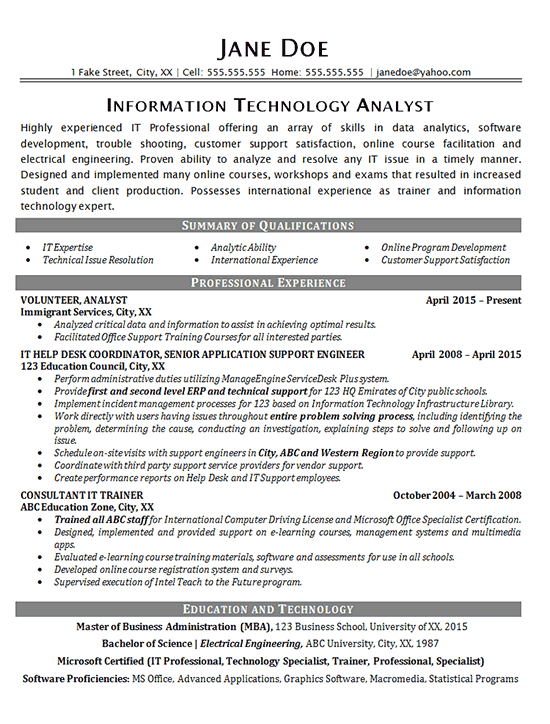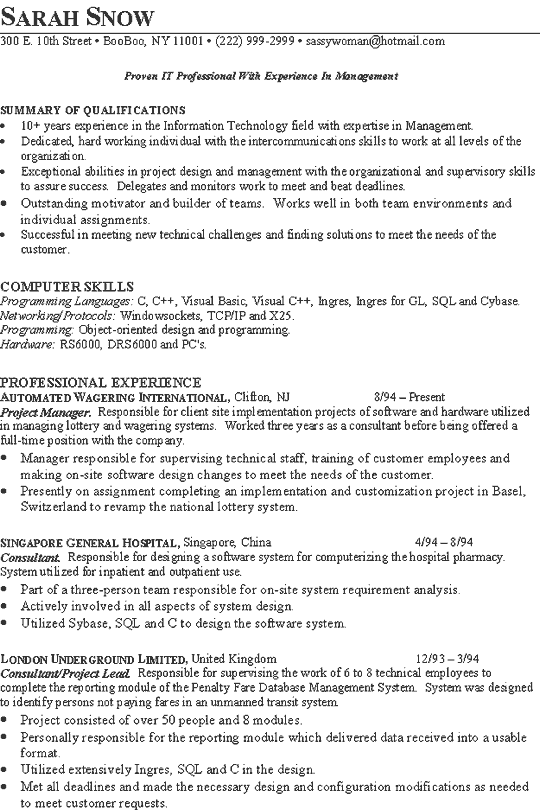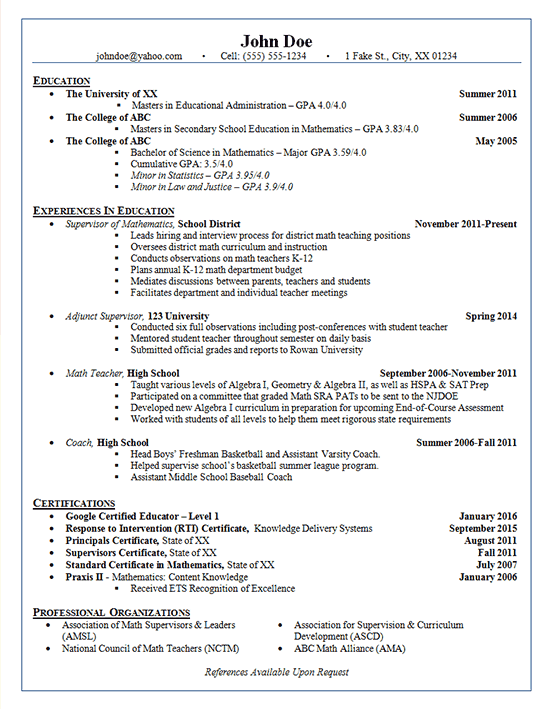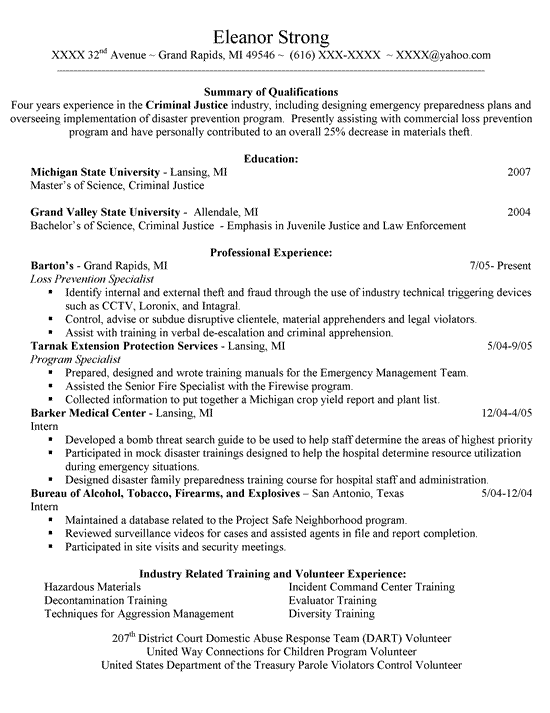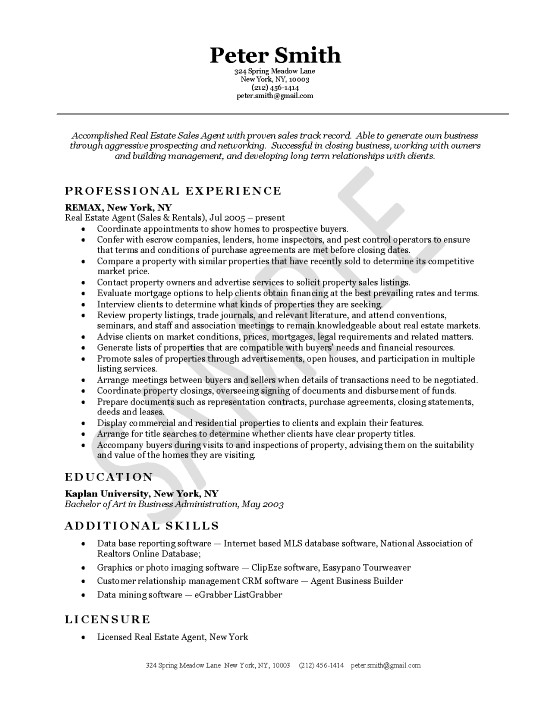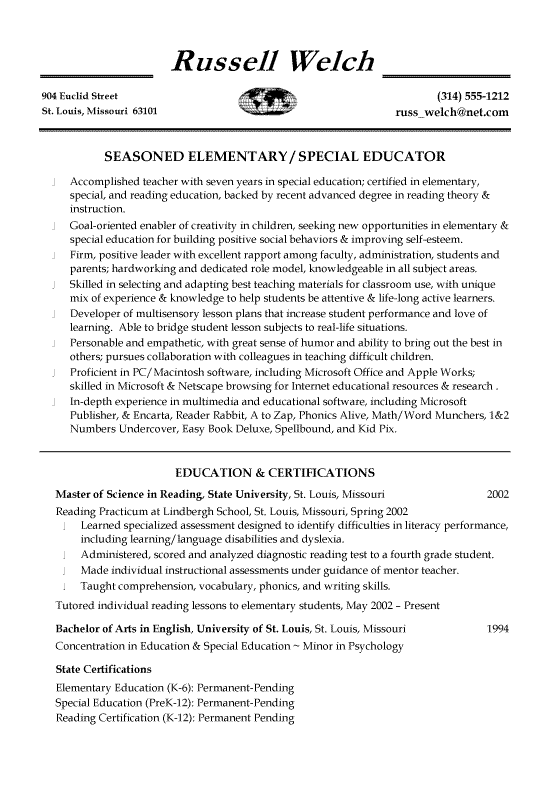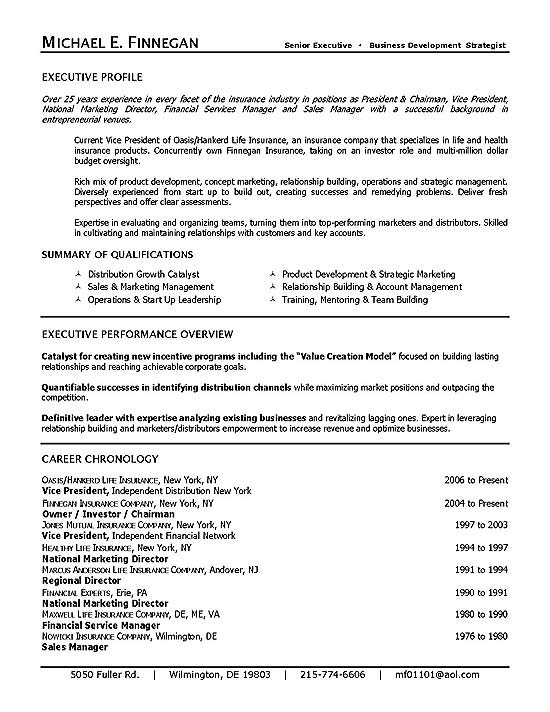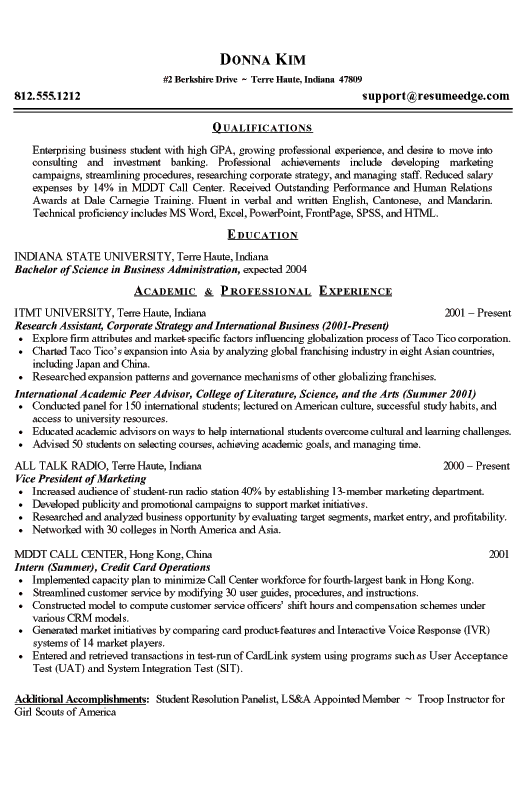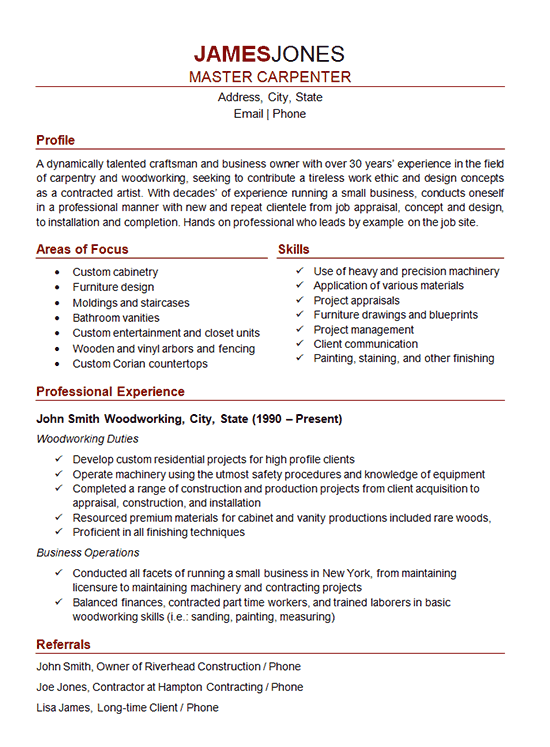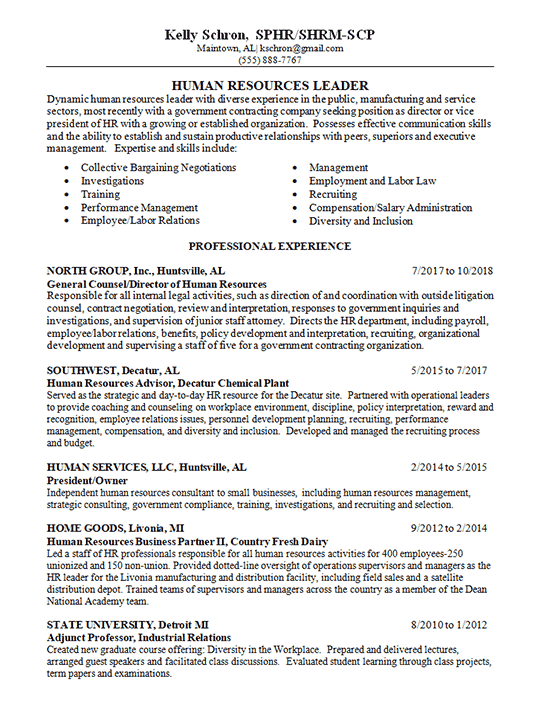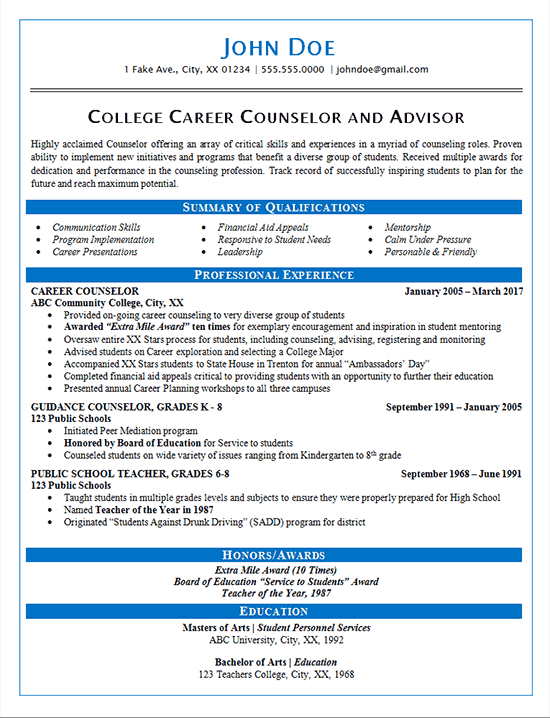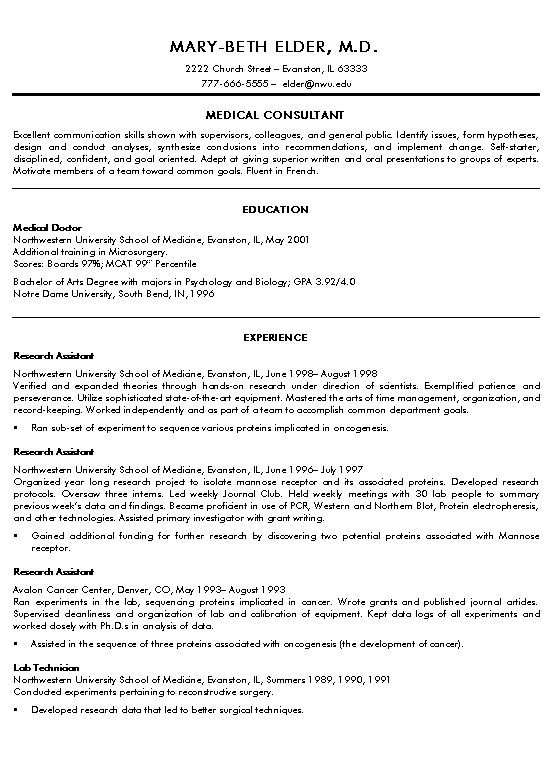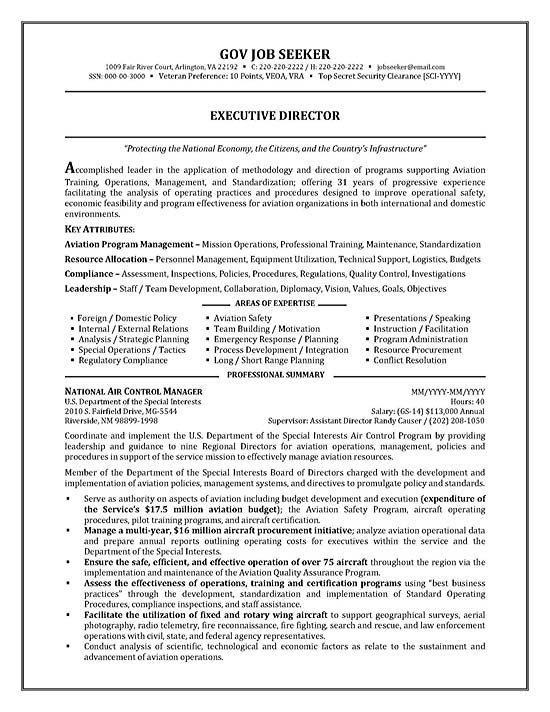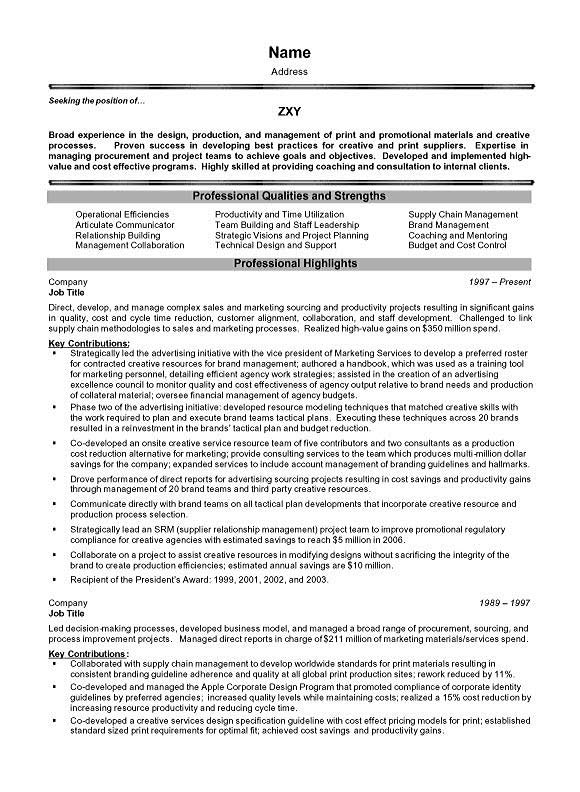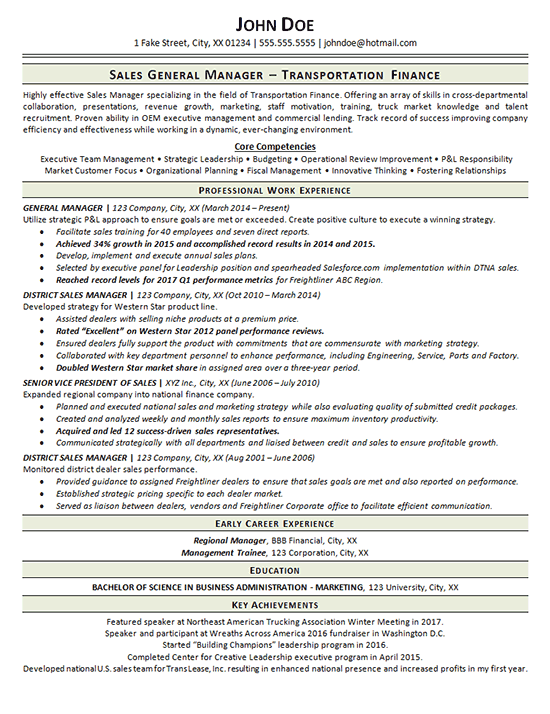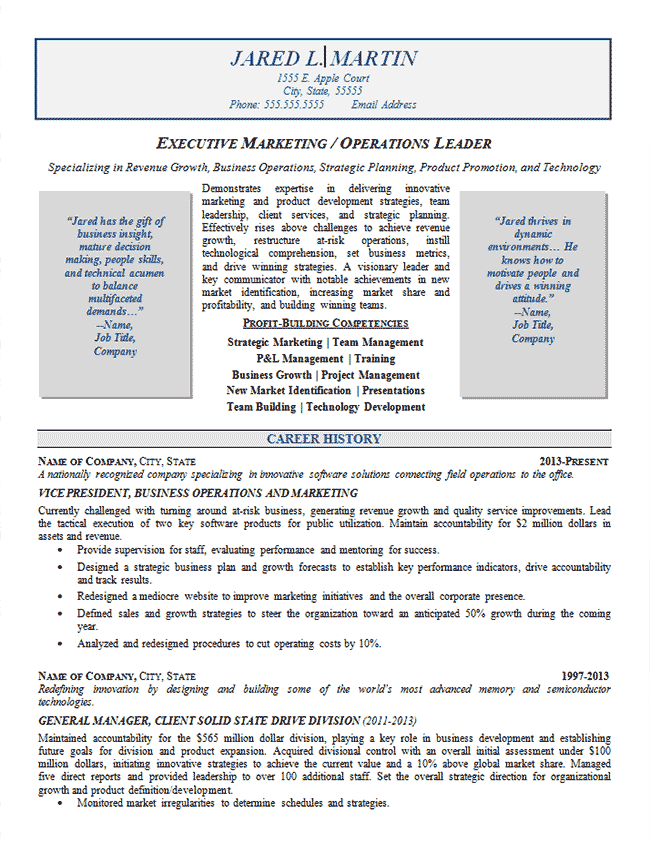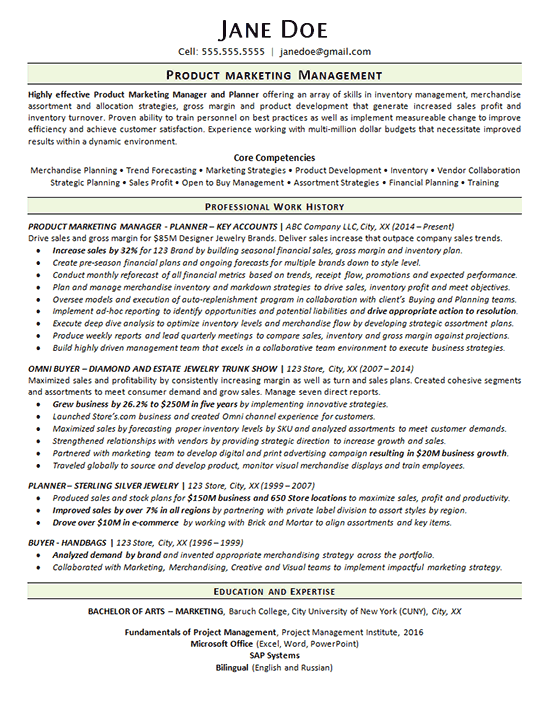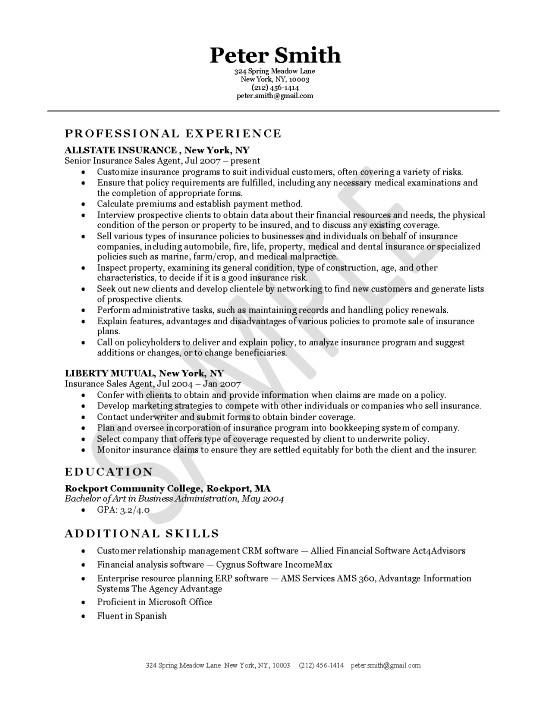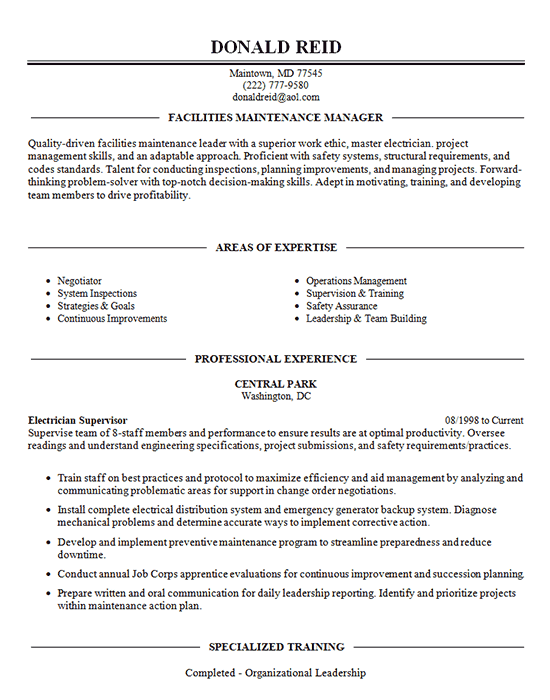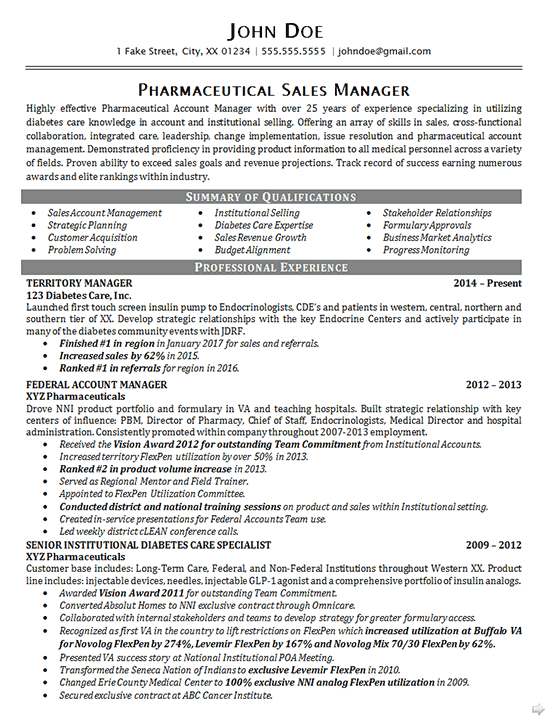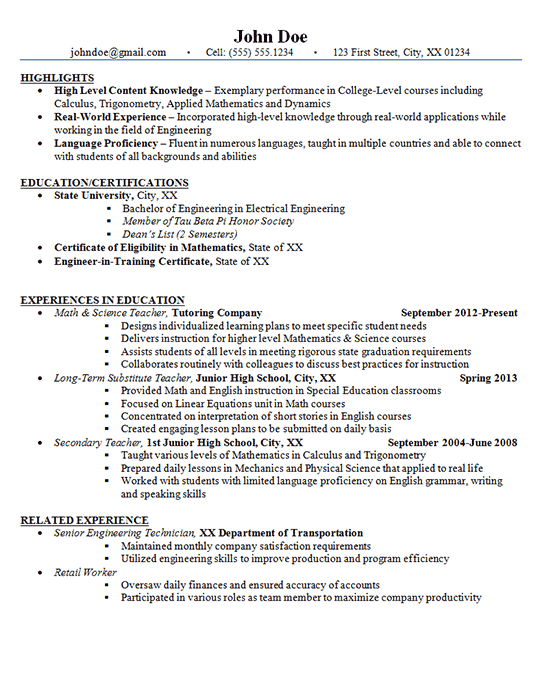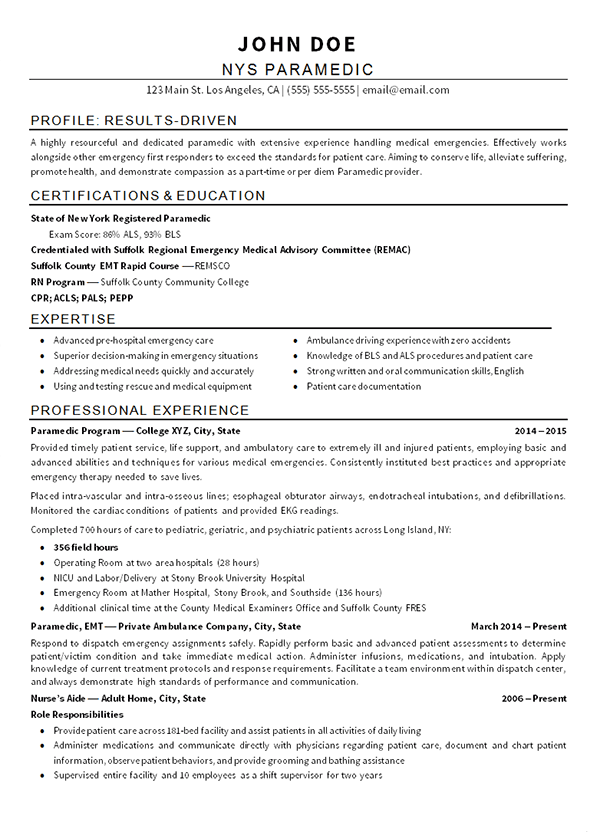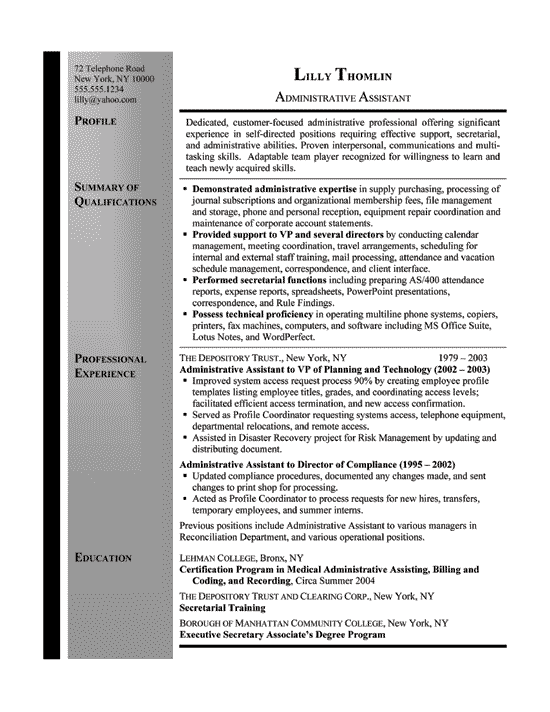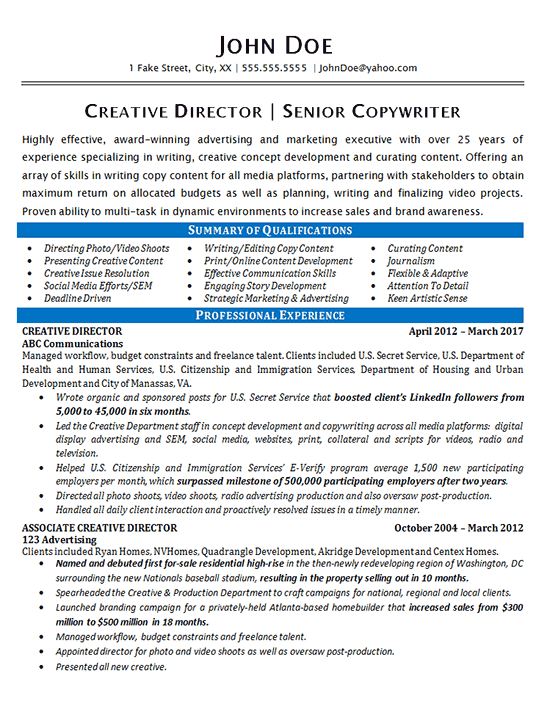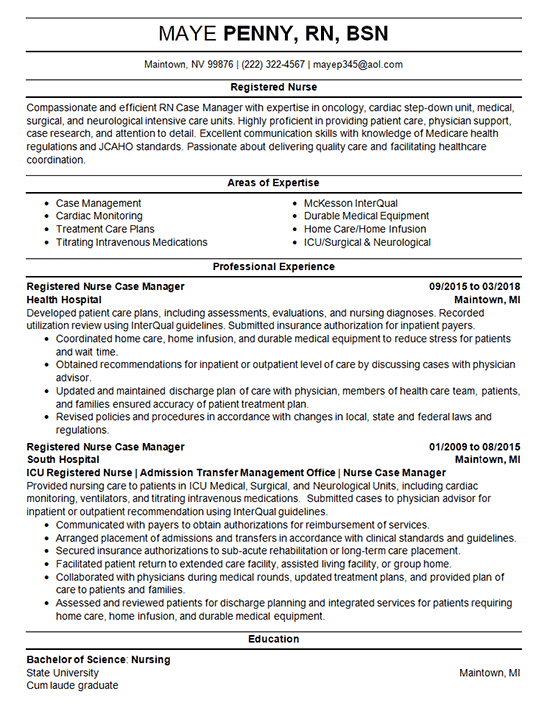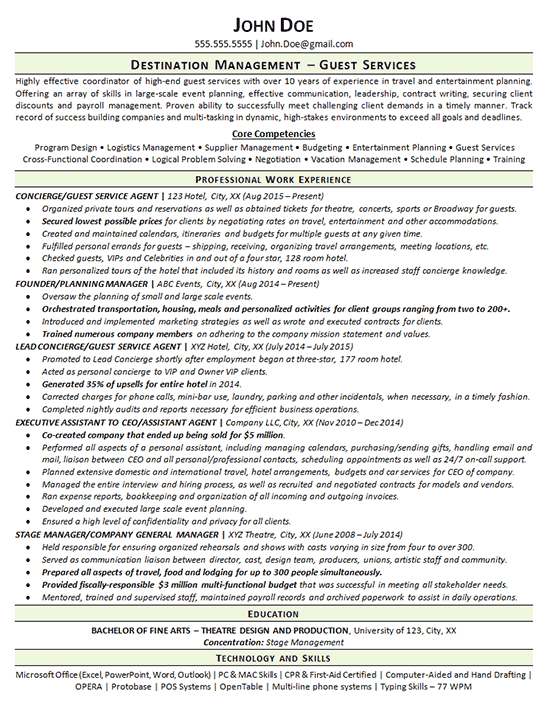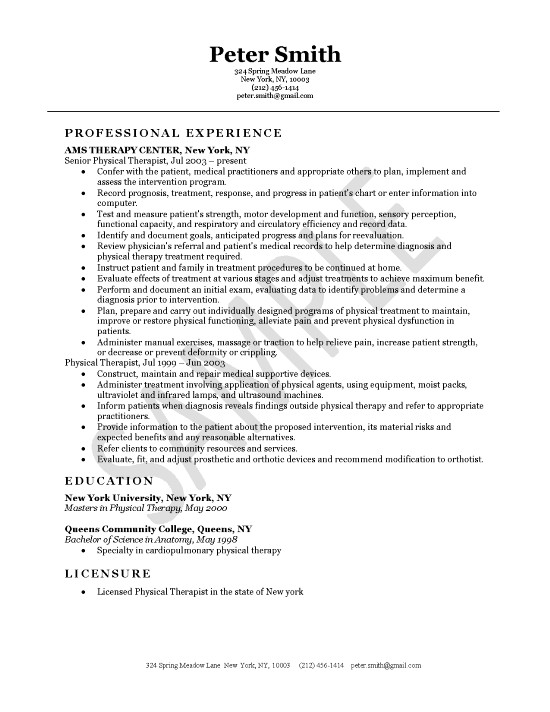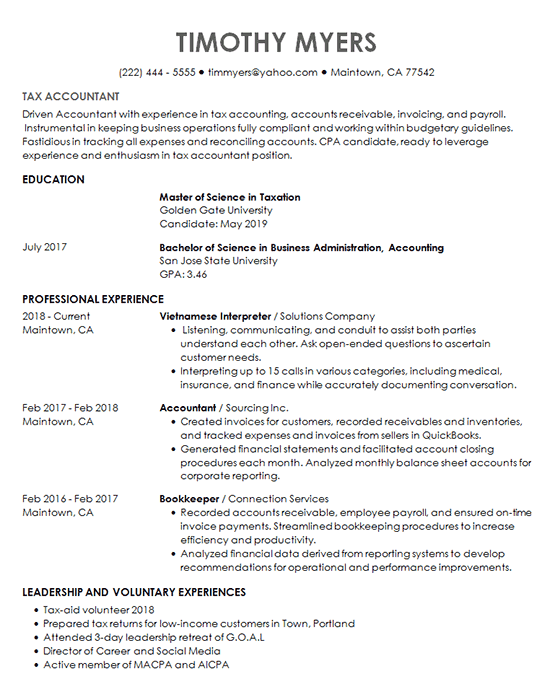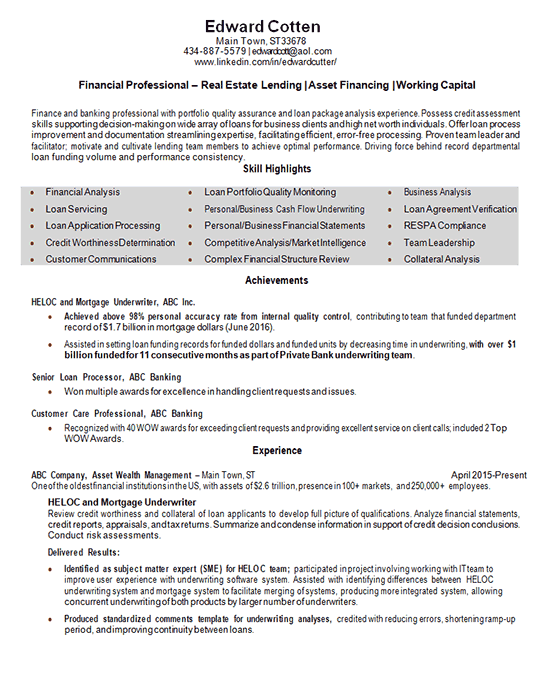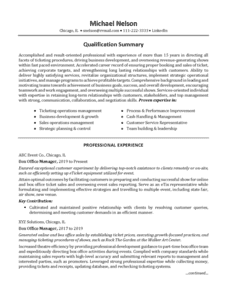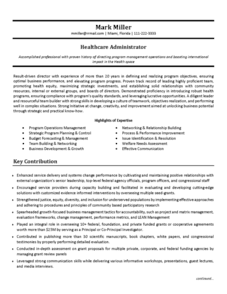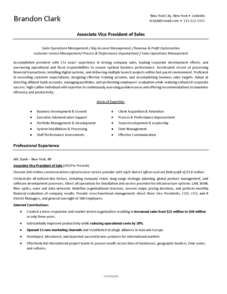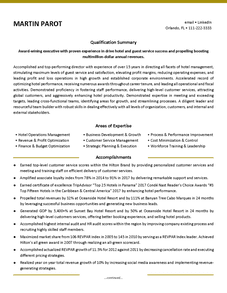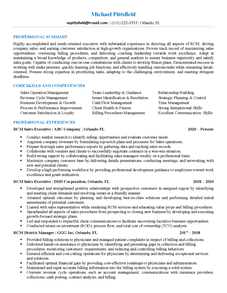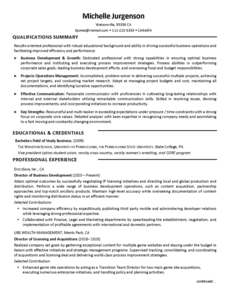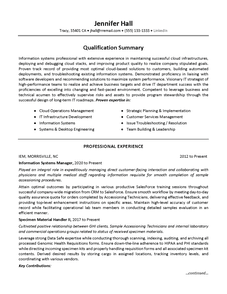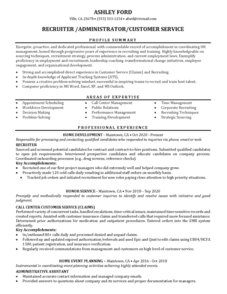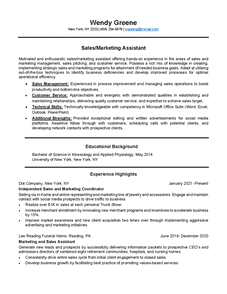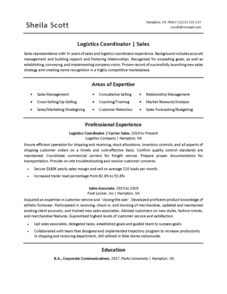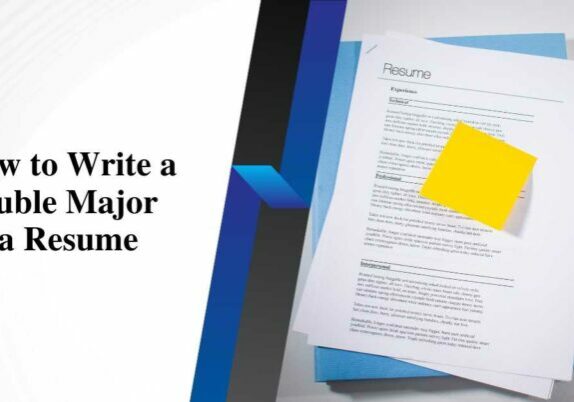The summary for a criminal investigator introduces the candidate’s diversified experience in investigative cases.
Keywords listing out the various “Areas of Expertise” are included as branding statement for ranking in applicant tracking systems.
Immediately following is a recount of the professional experience, starting with his most recent role.
Each position describes the duties and responsibilities. Accomplishments that convey the scope of his job, contributions, and achievements follow with bullet points.
Page two continues to build on prior duties and closing with his education and training. This candidate attended Community College and obtained relevant certifications needed for qualification.
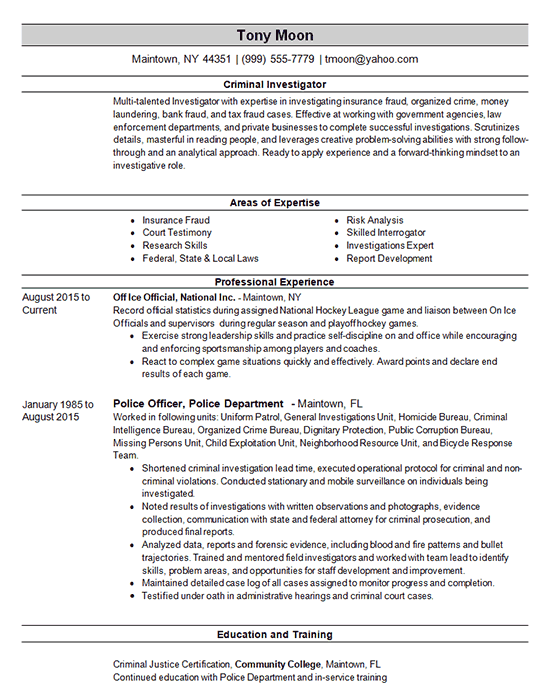
Criminal Investigator Resume Example
Criminal Investigator Summary
- Multi-talented Investigator with expertise in investigating insurance fraud, organized crime, money laundering, bank fraud, and tax fraud cases.
- Effective at working with government agencies, law enforcement departments, and private businesses to complete successful investigations.
- Scrutinizes details, masterful in reading people, and leverages creative problem-solving abilities with strong follow-through and an analytical approach.
- Ready to apply experience and a forward-thinking mindset to an investigative role.
Criminal Investigator Experience Statements
- Worked in following units: Uniform Patrol, General Investigations Unit, Homicide Bureau, Criminal Intelligence Bureau, Organized Crime Bureau, Dignitary Protection, Public Corruption Bureau, Missing Persons Unit, Child Exploitation Unit, Neighborhood Resource Unit, and Bicycle Response Team.
- Shortened criminal investigation lead time, executed operational protocol for criminal and non-criminal violations.
- Conducted stationary and mobile surveillance on individuals being investigated.
- Noted results of investigations with written observations and photographs, evidence collection, communication with state and federal attorney for criminal prosecution, and produced final reports.
- Analyzed data, reports and forensic evidence, including blood and fire patterns and bullet trajectories.
- Trained and mentored field investigators and worked with team lead to identify skills, problem areas, and opportunities for staff development and improvement.
- Maintained detailed case log of all cases assigned to monitor progress and completion.
- Testified under oath in administrative hearings and criminal court cases.
- Investigated homicides and suspicious deaths to resolution.
- Completed comprehensive face-to-face interviews with subject, neighbors, employers, family and friends, and generated detailed reports documenting investigative findings.
Investigator Resume Writing Guide
Are you ready to step into the investigation world and unravel the mysteries beneath the surface? Picture yourself at the crime scene, meticulously collecting evidence and piecing together the puzzle to bring justice to those who deserve it. As an investigator, your skills and expertise are invaluable in uncovering the truth and ensuring justice. But how do you make your resume stand out in today’s competitive job market? This article will guide you through creating an impressive investigator resume that grabs the attention of hiring staff and showcases your expertise in the field. We’ve covered everything from the proper format and sections to essential skills and experience statements. So, whether you’re a seasoned investigator looking to advance your career or a fresh graduate seeking entry-level opportunities, let’s dive in and craft a resume that sets you apart from the competition in 2023.
What Kinds of Investigator Positions Are There?
So, you’ve learned about the different responsibilities of investigators and the benefits of postgraduate education. Now, let’s dive into the exciting world of investigator positions. Shall we?
There are a variety of investigator positions available, each with its own unique set of responsibilities and requirements. For example, a criminal investigator is responsible for conducting investigations into illegal activity, gathering evidence, solving cases, and building detailed reports for law enforcement agencies. These investigators often work closely with police officers, attorneys, and prosecutors to bring criminals to justice.
Another type of investigator position is within government agencies. These investigators are responsible for conducting investigations into various issues, such as fraud, abuse, waste, and theft. They use their problem-solving and analytical skills to gather and analyze data, uncovering unlawful activity or policy violations. Their work is crucial in ensuring compliance with state and local laws.
No matter the type of investigator position, having relevant work experience and skills is essential. Employers are looking for candidates who have conducted investigations before, can gather and analyze evidence, and can write detailed reports. Problem-solving skills, attention to detail, and the ability to work independently are highly valued in this field. So, when crafting your resume, highlight your skills and experience relevant to the specific position you’re applying for.
The Proper Investigator Resume Format and Sections
Knowing the proper format and sections to include is important to create a well-organized and impactful resume.
Regarding the resume format, it’s recommended to use a chronological format, listing your work experience in reverse chronological order. This allows the hiring manager to see your most recent and relevant experience easily. Include an investigator resume summary at the top of your resume to provide a brief overview of your talents.
In the experience section of your resume, highlight your investigative experience, including any relevant positions you’ve held. Include specific details about your responsibilities and achievements in each role. For example, mention your experience in data analysis and your ability to collect, preserve, and document physical evidence at crime scenes. Include any certifications or training you’ve received that are relevant to the investigative field.
In addition to the experience section, consider including a skills section in your investigator resume. This is a great place to highlight your hard skills, such as your ability to conduct interviews, analyze data, and write investigative reports. It’s also essential to include soft skills relevant to the investigative field, such as attention to detail, critical thinking, and problem-solving abilities.
Overall, a well-organized and impactful resume should include a clear and concise format, an informative experience section highlighting your investigative experience and achievements, and a skills section showcasing your relevant hard and soft skills. By following these guidelines, you can create a resume that’ll grab the attention of HR staff and increase your chances of landing an interview.
Common Investigator Resume Skills
When crafting your resume, showcasing your impressive range of skills highly valued in the field is essential. Employers are looking for candidates who can analyze and gather information effectively, document their findings accurately, and supervise and mentor others in the investigative process. Problem-solving skills are also crucial, as investigators often face complex cases that require creative solutions. Additionally, strong communication skills are essential for gathering evidence, management skills, and presenting findings clearly and concisely.
One of the key skills that investigators need to highlight on their professional resumes is the ability to gather evidence. This involves conducting thorough research, collecting physical evidence, and documenting everything meticulously. Employers want to see that you have experience gathering evidence and can do so systematically and organizationally.
Another critical skill for investigators to emphasize is their problem solving abilities. Investigators often face challenging cases that require critical thinking and creative problem-solving skills. Employers want to know that you can approach cases strategically and develop innovative solutions to solve complex cases.
Lastly, strong communication skills are vital for investigators. This includes effectively communicating with witnesses, victims, and other stakeholders involved in the case. It also presents findings clearly and concisely, both verbally and in writing. Employers want to see that you can communicate effectively and efficiently, as this is crucial for the success of any investigation.
When crafting your resume, highlight your skills in gathering evidence and communication. These skills are highly valued in the field and will make you stand out as a strong candidate. By showcasing these skills, you’ll demonstrate to employers that you have the necessary abilities to excel in an investigative role.
Criminal Investigator Experience Statements
Utilizing your experience as a criminal investigator, you can paint a vivid picture of your work by describing intense investigations that kept you on the edge of your seat. As a criminal investigator, you’ve likely encountered many cases, including insurance fraud, criminal activity, and fraudulent schemes.
These experiences demonstrate your ability to adapt to different situations and think critically to solve complex problems. When crafting your criminal investigator resume, highlight these experiences to showcase your skills and qualifications to potential employers.
Consider including specific examples in your resume to convey your experience as a criminal investigator. For instance, you can mention a case where you successfully uncovered a large-scale insurance fraud scheme, leading to the arrest and prosecution of the perpetrators. Highlight notable achievements, such as recovering significant money or working closely with law enforcement agencies to gather evidence.
By showcasing your accomplishments, you demonstrate your ability to handle high-pressure situations and contribute to successfully resolving criminal investigations.
When writing your resume, remember to tailor it to the specific job you’re applying for. Research the company and the position requirements to identify key skills and qualifications that the recruiter is seeking. Incorporate these keywords into your resume to show you possess the necessary expertise.
Additionally, consider including relevant investigator resume templates, samples, or a criminal investigator resume example to provide concrete evidence of your capabilities. By showcasing your experience and skills compellingly and concisely, you increase your chances of standing out to potential employers and securing an investigator job.
How To Write an Effective Cover Letter for an Investigator Position
Crafting a compelling cover letter for an investigator position lets you showcase your passion and expertise, captivating potential employers from the beginning.
An effective cover letter for an investigator position should highlight the skills and accomplishments that make you a strong candidate. Start by addressing the hiring manager or recruiter by name and introduce yourself. Mention the specific position you’re applying for and why you’re interested.
In the body of your cover letter, focus on the fundamental skills and experiences that make you a qualified investigator. Highlight any relevant experience collecting and preserving physical evidence, conducting interviews, and analyzing data. Use specific examples to demonstrate your ability to handle complex investigations and provide solutions. Additionally, mention any certifications or specialized training you’ve received that are relevant to the investigator position.
Wrap up your cover letter by expressing your enthusiasm for the opportunity to contribute to the team and your willingness to learn and grow in the role. Thank the hiring manager or recruiter for considering your application, and provide your contact information for further communication.
Proofread your cover letter carefully to ensure it’s free of grammatical or spelling errors. With a well-crafted and compelling cover letter, you can make a strong impression and increase your chances of landing your desired investigator position.
Conclusion
In conclusion, crafting an impressive investigator resume is paramount in today’s competitive job market. By highlighting your relevant experience, skills, and education, you can position yourself as a top candidate for investigator positions.
Remember to tailor your resume to the job you’re applying for, using a clean and organized format showcasing your qualifications. Don’t forget to include a compelling cover letter that further emphasizes your passion for investigative work.
Drop keywords into your job search application is also a great idea. These could include missing persons, investigative findings, criminal law, protective services, interrogation, criminal intelligence, and investigative teams.
With a well-crafted resume and cover letter, you can stand out from the competition and land your dream job as an investigator. So, unleash your investigative prowess, and prepare to make a lasting impression.
With the right combination of experience, education, and passion, you can become an unstoppable force in the field of investigation. So don’t hold back – let your resume soar to new heights and unlock the doors to endless opportunities. Remember, the sky’s not the limit; it’s just the beginning.

